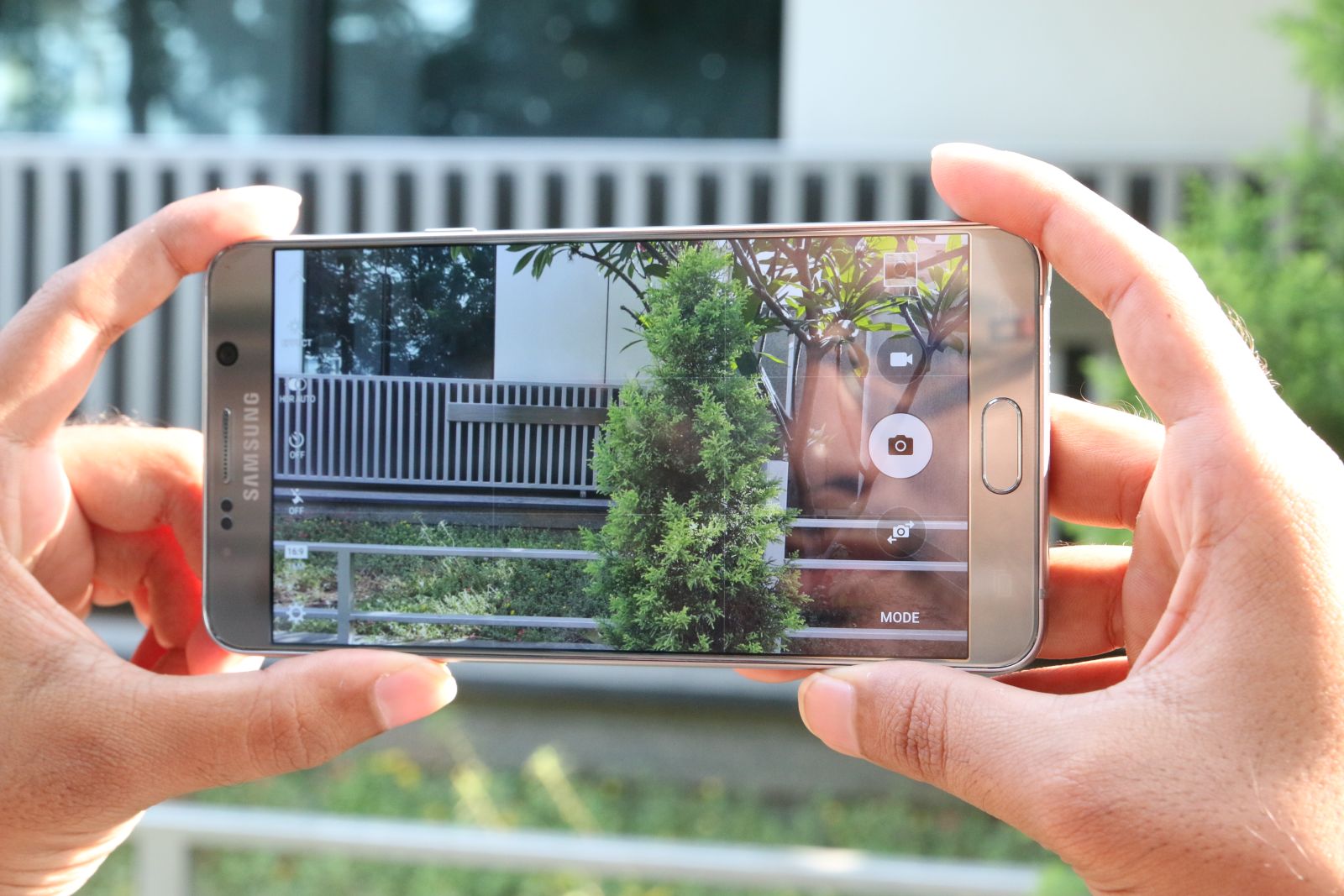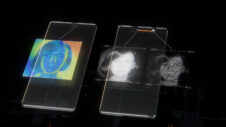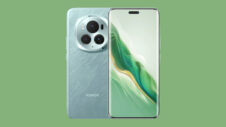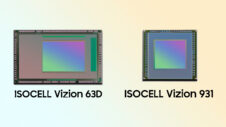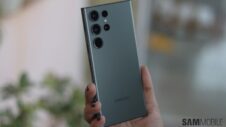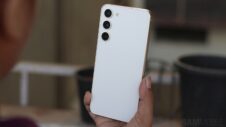I have always had a genuine respect for HTC's selfie cameras. No, I don't take selfies all that often, but I know a good selfie camera when I use it. In the limited experience I had with the One M7 and One M8 over the last few years, I gained respect for the saturated, up-close colors that define their cameras. Some think the oversaturation is too much for quality photos, but I am, after all, an AMOLED fan who loves oversaturation and doesn't mind the same in her photos; I can't deny it.
Well, I decided after picking up an HTC 10 of my own about 8 weeks ago to take a look at some general information about HTC's greatest smartphone yet. Yes, I like the IP53 splash resistance, the Super LCD5 display (yes, this is the HTC marketing term for its LCD panel), as well as the chamfered edges (though I'm not crazy about them, as some of my fellow journalists seem to be). Every review and article you'll read will brag about HTC's rear-facing camera in the HTC 10, but what about the front-facing camera?
HTC 10 users, you have Samsung to thank for your selfies.
It was confirmed as of February of this year that the HTC 10 would feature a 12MP rear-facing camera bearing an IMX377, 12.3MP Sony sensor with a 2.3mm focal length, but HTC leakster LlabTooFeR had long confirmed that the HTC 10's selfie camera would contain – get this – a 5MP UltraPixel camera featuring Samsung's S5K4E6 camera sensor. Interestingly enough, Samsung is using its own selfie camera sensor in the Galaxy S6 and Galaxy S6 edge, Galaxy S6 edge+ and Galaxy Note 5, as well as the Galaxy S7 and Galaxy S7 edge, as my Verizon USA Galaxy S7 edge bears the same exact front-facing camera sensor. So does the AT&T-exclusive Galaxy S7 Active.
What do we know about this Samsung S5K4E6 camera sensor? We know very little, and Samsung's own detailed page on the matter doesn't tell us much (except to say that it's an Advanced ISOCELL camera sensor that has a decreased pixel size and lower power consumption than the previous-generation camera sensor.
Surprisingly, this isn't the first time that HTC has used a Samsung camera sensor in its flagship smartphone series, either. Back in 2014, after having used an OmniVision sensor for the front-facing camera in the HTC One M7, the Taiwanese phone maker selected Samsung's S5K5E2 ISOCELL camera sensor for the front-facing camera in the HTC One M8. Though going back to OmniVision for the front camera sensor in the One M9, HTC has done well to go back to Samsung for its world-leading photography resources with its latest flagship.
HTC's use of the S5K4E6 camera sensor in the HTC 10 shows that Samsung, who's long been known for its AMOLED panels, is now making a statement when it comes to camera sensors. Samsung is soon to sell dual camera sensors to Chinese OEMs Xiaomi and LeEco as of this month, and it appears that Samsung's cameras are gaining a world reputation for their performance in the user experience. It's fine to compare the two, but Samsung has already put the edge in its own court through its growing reputation for quality cameras.
Of course, selfie cameras, as with rear-facing cameras, are all about what you do with them: camera sensors aren't enough to accommodate for the responsibility of the manufacturer in the camera software/enhancement experience, and HTC did add OIS to its front camera (which sets it apart from most other selfie smartphone cameras on the market). At the same time, though, Sony has been the undisputed standard in camera tech with its sensor chips for years – and the use of Samsung selfie camera sensors in non-Samsung smartphones testifies to the company's increasingly-renown reputation in this area.
With Samsung's RAM, AMOLED displays, and Exynos 7420 processor having been implemented by other smartphone OEMs, it just might be the case in a few years that Samsung's camera sensors become the industry standard as well. With Samsung, anything's possible.
